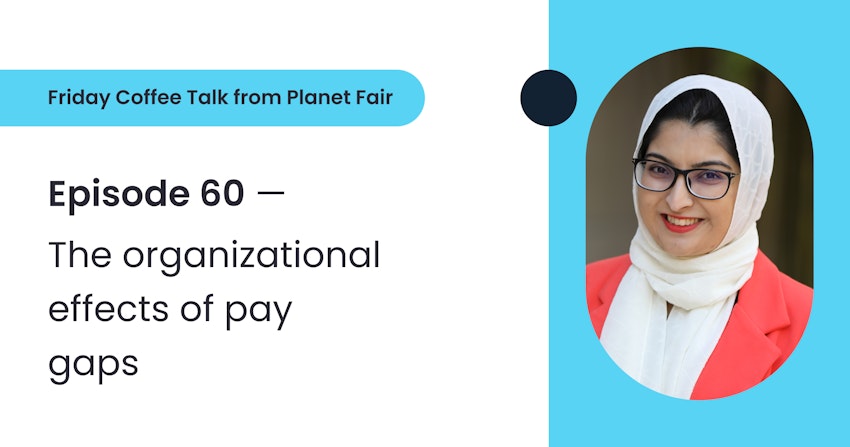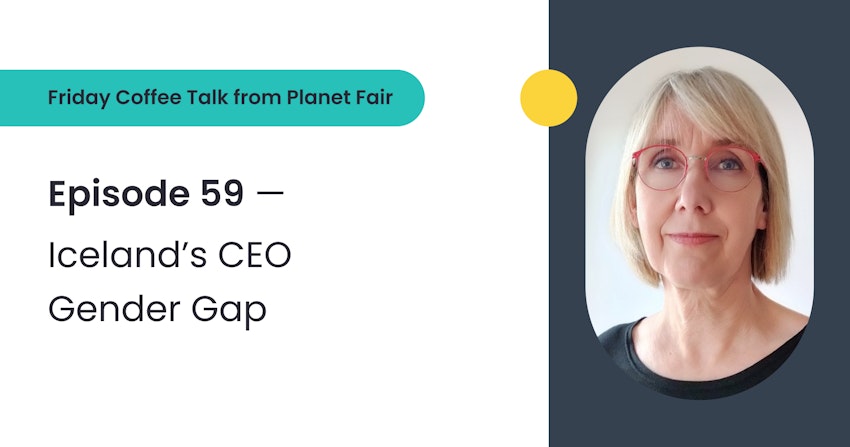The measures underscoring these gender equality goals are, too, ambitious: They aim to drive up the percentage of companies run by women from 22% to 30% over those five years. Alongside this, they are encouraging women to develop IT-oriented skills and have placed restrictions on whom you can hire with European funds to increase the hiring of young women.
In 2022, Italy made major changes to speed the rate of progress: They signed a new equal pay law consistent with the National Strategy for gender equality for the years 2021-2026, which includes mandatory reporting. Alongside this, Italy launched a voluntary Equal Pay Certification to promote greater gender equality in the workplace. Its designers hope that it will result in more women in the workforce (including upper management), improve work-life balance, and decrease workplace stereotyping, discrimination, and abuse.



